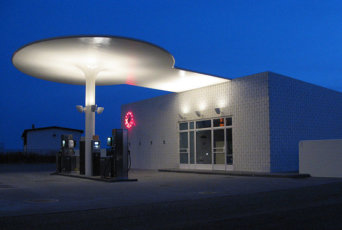- About
- Topics
- Picks
- Audio
- Story
- In-Depth
- Opinion
- News
- Donate
- Signup for our newsletterOur Editors' Best Picks.Send
Read, Debate: Engage.
You might not expect Western Europe to be crippled by fuel poverty in the 21st century, but it is. And year on year it remains an important cause of death among the most vulnerable in society.
Recently, outrage throughout Spain was sparked by the death of an 81-year old woman caused by fuel poverty. Rosa was living in Reus, Catalonia, when her electricity was cut off because of failed payment. As a result, she had been lighting her house with candles, which led to her death in a catastrophic fire. This tragic episode ignited demonstrations in Madrid and in other Spanish cities, raising awareness of the issue. “Fuel poverty kills. Nobody without electricity”, they chanted.
However, she is not the only victim of this kind of poverty in Europe. In Spain alone, 7000 deaths could be avoided each year if the population had access to appropriate fuel supplies, according to a report published by Environmental Sciences Association (ACA in its Spanish acronym). Besides from the threat of fires, illnesses aggravated by low temperatures such as pneumonia, circulatory system diseases or even mental health problems are associated with premature deaths.
The Mediterranean countries, hugely weakened by the financial crisis that began in 2007, suffer a greater impact of fuel poverty, affecting 17% of the population in Spain, 22% in Portugal and 26% in Greece. But the phenomenon extends across Europe, affecting around 125 million people, according to the European Economic and Social Committee (EESC).
It is no coincidence that these countries bear the highest prices set by energy companies, taking into account the average income of the population. Such firms have come under heavy criticism and were urged to stop cutting off basic supplies to vulnerable people. Their prices are especially shocking in the backdrop of excessive executive bonuses and large dividends paid out to stockholders.
